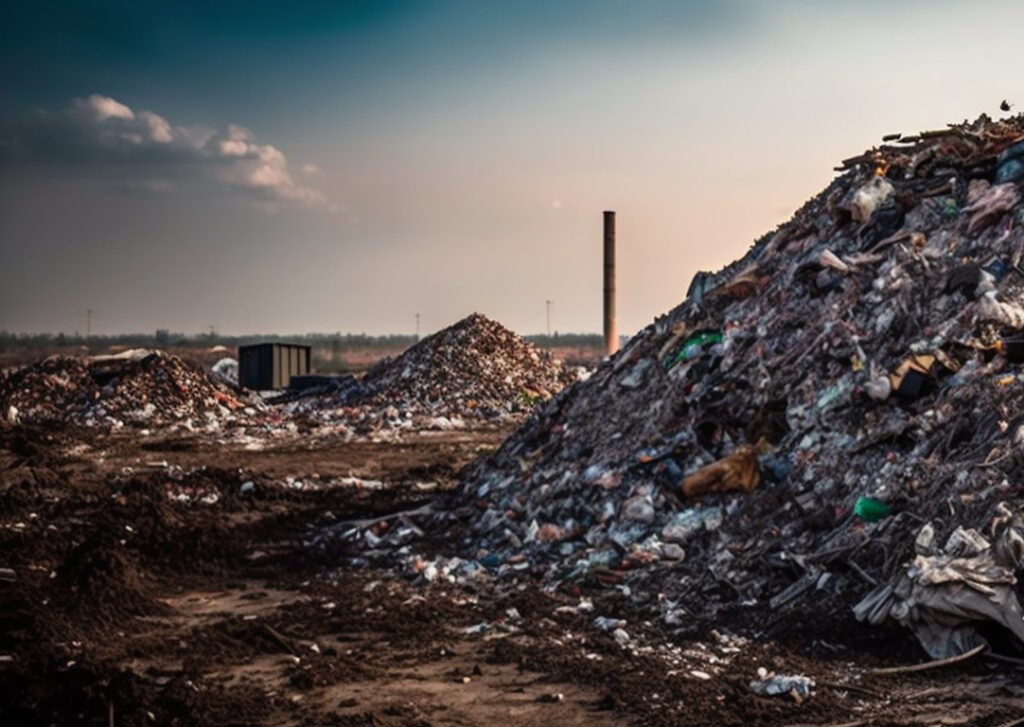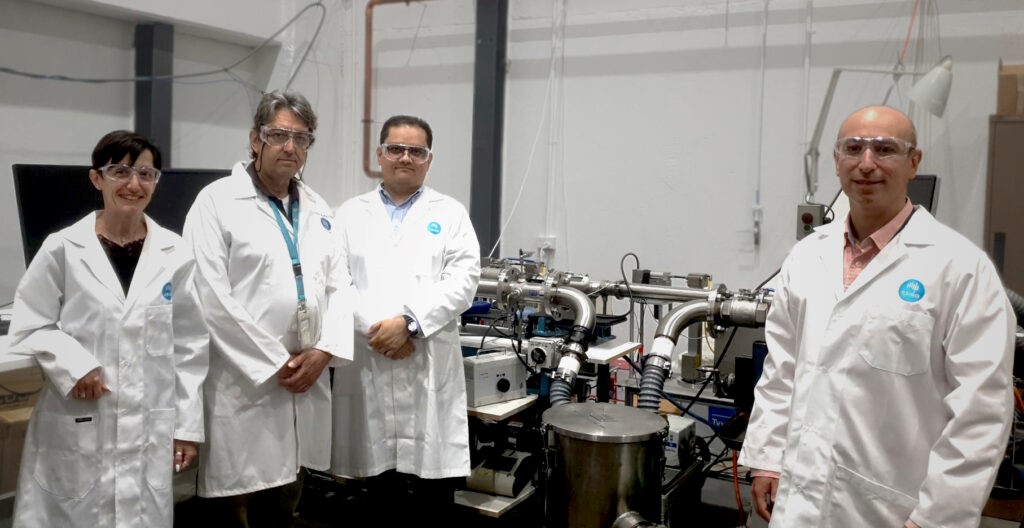Upcycling polystyrene waste into high-valued chemicals
The challenge
Polystyrene (PS) and expanded PS (EPS) waste are stockpiling in Australia. EPS’s low density makes its transport to recycling centres uneconomical, and only a small fraction of it is recycled into low-value products, such as fillers in construction materials.
Thousands of tonnes of polystyrene end up in landfill every year.
The vast majority enters landfill, causing economic and environmental problems, therefore making it one of the world’s most problematic plastics.
The major bottleneck in EPS recycling is its extremely low density (it’s 98 per cent air), leading to storage and transport challenges. Even if it is compacted, ideally, it should be processed where it accumulates. A viable circular process would be to upcycle PS/EPS into higher-value products at these waste accumulation points.
New processes to upcycle PS/EPS into market-ready high-value products are needed.
Our response
We are partnering with RMIT University, Sebstainable, Ikon Services, ByGen, and BASF to convert PS/EPS waste into high-valued materials.
We are developing a portable, energy-efficient, catalyst enhanced pyrolysis reactor to generatestyrene monomer and activated carbon which can be used again. The reactor can be transported to the waste source, overcoming the cost and energy prohibitive waste transportation.
Impact
Deploying the system on-site at PS/EPS waste accumulation points will also help to reduce recycling costs, while generating value from the waste and preventing the plastic ending up in landfill. Deploying this new technology will help to generate new market opportunities, and sovereign capability for Australia.
The team includes from left to right: Dr Antonella Sola, Dr Louis Kyratzis, Dr Ahmad Kandjani and Dr Adrian Trinchi.



